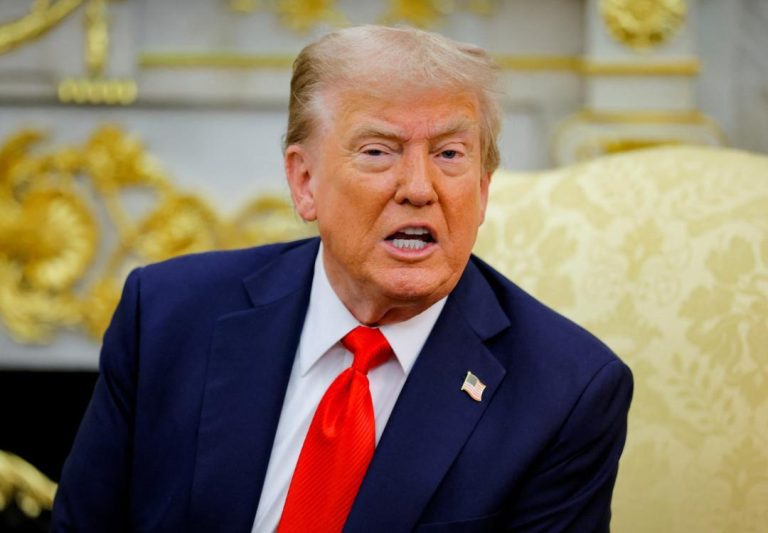
CBFC Cuts Words like ‘Pradhan Mantri’ & ‘Chaiwala’ from Murderbaad
The Central Board of Film Certification (CBFC) has made headlines once again for its stringent approach to editing out words and phrases it deems inappropriate from films. The latest instance is the case of the upcoming film ‘Murderbaad’, directed by Arnab Chatterjee. According to reports, the CBFC instructed the makers of the film to edit out words such as ‘pradhan mantri’ (prime minister) and ‘chaiwala’ (tea vendor) from a dialogue. The film has received an ‘A’ certification, which is a nod to its suitability for adult audiences only.
The controversy surrounding the film’s certification has sparked debate about the CBFC’s role in censoring films and its understanding of what constitutes “obscene” or “offensive” content. While the CBFC has maintained that its primary aim is to ensure that films are fit for public viewing, critics argue that the board’s decisions often border on censorship rather than certification.
In the case of ‘Murderbaad’, the CBFC’s instructions to edit out words like ‘pradhan mantri’ and ‘chaiwala’ have been met with confusion and frustration by the film’s director, Arnab Chatterjee. Speaking to the media, Chatterjee expressed his disappointment and bewilderment at the CBFC’s decision, stating that the words in question were used in a benign and aspirational context. “It was absolutely a benign joke, rather aspirational for lower-middle class of our country, and far away from any political stance,” he said.
Chatterjee’s sentiments are echoed by many in the film industry, who argue that the CBFC’s approach to certification often prioritizes political correctness over artistic freedom. The constant interference by the CBFC has led to a culture of self-censorship among filmmakers, with many opting to tone down their content or avoid sensitive topics altogether to avoid attracting unwanted attention.
The case of ‘Murderbaad’ is particularly intriguing because the film’s dialogue in question is not only innocuous but also reflects the everyday reality of many Indians. The use of words like ‘pradhan mantri’ and ‘chaiwala’ is a nod to the diversity and complexity of Indian society, where people from all walks of life coexist and interact with one another. By editing out these words, the CBFC is not only stifling artistic expression but also erasing the very fabric of Indian culture and society.
Furthermore, the CBFC’s decision to censor words like ‘pradhan mantri’ and ‘chaiwala’ raises questions about the board’s understanding of what constitutes “obscene” or “offensive” content. Is the use of words like these truly obscene or offensive, or is it simply a matter of political correctness gone awry? The CBFC’s failure to provide a clear explanation for its decision has only added to the confusion and frustration among filmmakers and audiences alike.
In conclusion, the case of ‘Murderbaad’ is a stark reminder of the CBFC’s overbearing presence in the Indian film industry. While the board’s primary aim is to ensure that films are fit for public viewing, its approach to certification often prioritizes political correctness over artistic freedom. The constant interference by the CBFC has led to a culture of self-censorship among filmmakers, and it is high time that the board reevaluated its approach to certification and allowed filmmakers the creative freedom they deserve.




